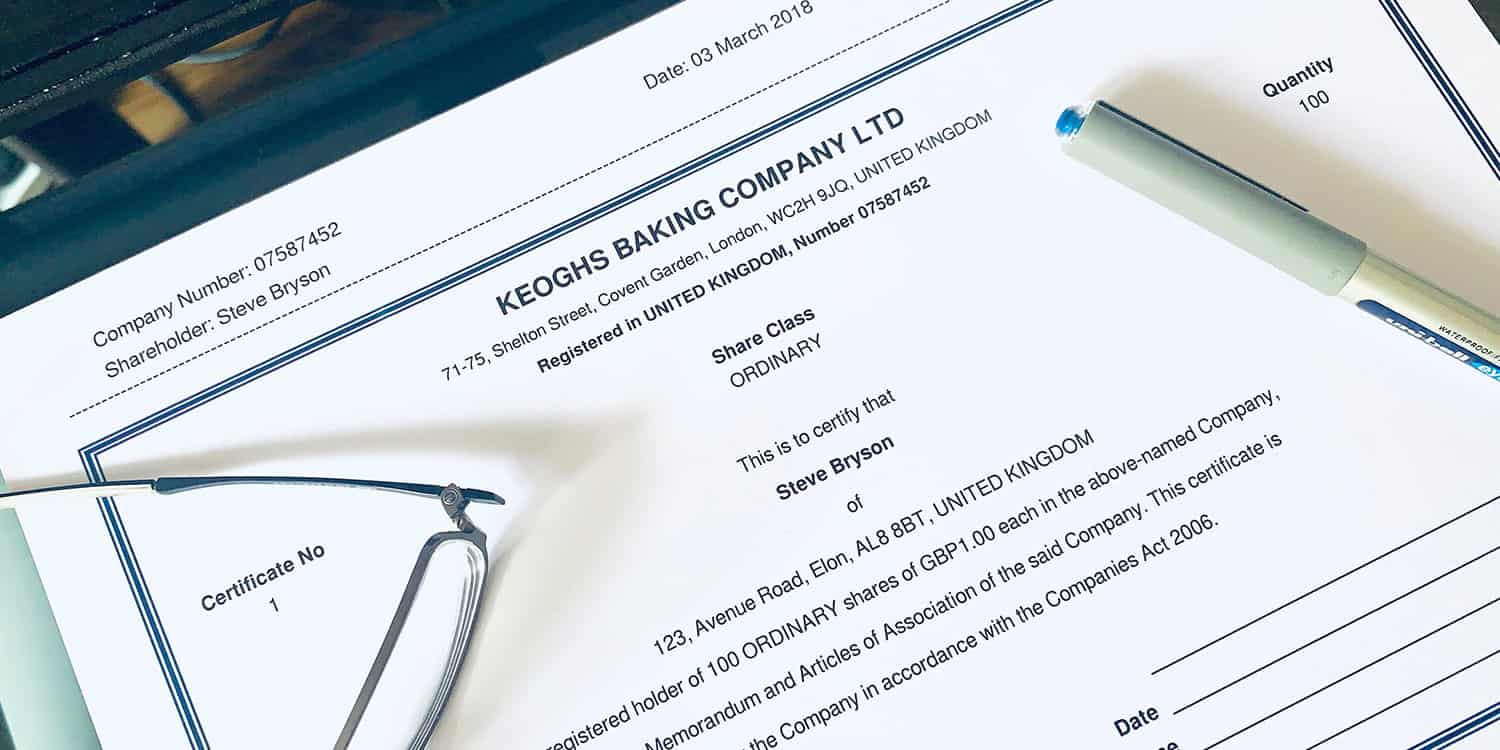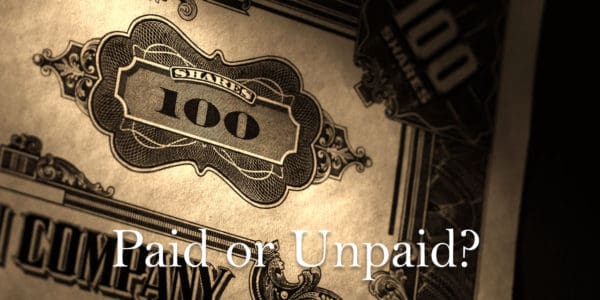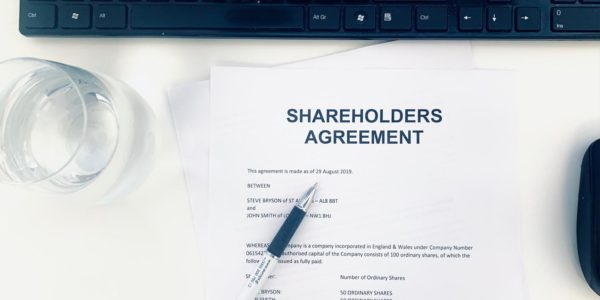When you have shares in a company, you are known as a shareholder and your shares represent ownership of a percentage of the business. Your name will appear on public record and must also be entered in the company’s own statutory register of members, which can be inspected by the public.
As a shareholder, you will also have an obligation to pay the nominal value of your shares to the company – either when you take the shares or at a later date when the company asks you to pay. This nominal value is the limit of your financial liability to the business.
Key takeaways
- Shareholders own a percentage of the company, influencing profits and decision-making through their shareholdings.
- Majority shareholders, holding over 50% of shares, wield significant control over company decisions and resolutions.
- Shareholders can transfer shares, subject to company articles, allowing flexibility in ownership and investment strategies.
Are shareholders the owners of a company?
Shareholders are the owners of a limited by shares company. Their individual percentage of ownership is determined by how many shares they each hold.
Every share represents a certain percentage of the company. Shareholders take one or more of the issued shares in exchange for investment in the business.
Therefore, limited by shares companies have a clear structure, with ownership divided between members in accordance with their individual proportion of shareholdings.
Are company shareholders the same as company members?
The terms ‘shareholder’ and ‘member’ are one and the same, so they are often used interchangeably. However, only the members of limited by shares companies are called shareholders.
In companies limited by guarantee, the members are referred to as ‘guarantors’. This is because limited by guarantee companies do not have shares.
What is a majority shareholder?
A majority shareholder is one who holds more than 50% (i.e., a ‘majority’) of the company’s issued shares. As a result, they have more power and control over the business than all of the other shareholders combined.
Any shareholder with a majority greater than 50% but less than 75% can pass ordinary resolutions without the approval of other members. Any shareholder with a majority of 75% can pass special resolutions without the approval of any other members.
Why would someone own shares in a company?
When a limited by shares company is registered, each member agrees to form the company and take at least one share. In exchange for these shares, members agree to invest a certain sum of money in the company. In turn, the members will receive a percentage of profits equal to their percentage of shareholdings.
Owning shares in a company is an effective way to run a profit-making business of any size, either on your own or with other people, and generate tax-efficient annual income and long-term capital growth. As a shareholder, your financial responsibility toward a company’s debts is limited to a fixed sum, which is determined by how much you agree to pay for the shares you take.
What rights do shareholders have?
The rights of shareholders are determined by the rights prescribed by a company’s articles of association. Generally, all shareholders of a private company are entitled to receive dividends, to attend general meetings, to vote on important company decisions, to receive copies of the company’s financial reports and accounts, and to receive a share of any capital if the company is wound up.
Shareholders are able to inspect company records, including minutes of board meetings, minutes of general meetings, and copies of all shareholders’ written resolutions.
Most companies issues just ‘Ordinary’ shares, which provide equal rights to all shareholders. However, if a company wants to vary the rights of shareholders, different classes of shares can be created to provide different rights.
Can you issue more shares in a company?
It is possible to issue additional shares in a company if the allotment is authorised by the directors and supported by:
- the Companies Act 2006
- any other provisions in the articles
- any shareholders’ agreement the company has
Companies can impose a restriction on the maximum number of shares that can be issued, but only if such a provision is added the articles of association.
Can I transfer my shares to someone else?
Subject to the provisions in a company’s articles of association and/or shareholders’ agreement, shares can be sold or transferred to other people, just like any other asset.












Join The Discussion